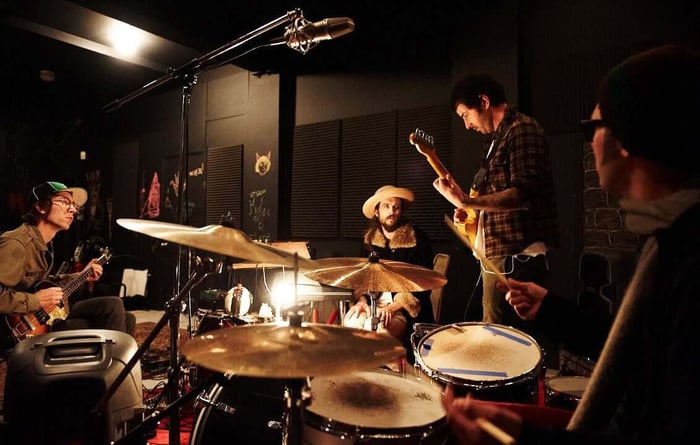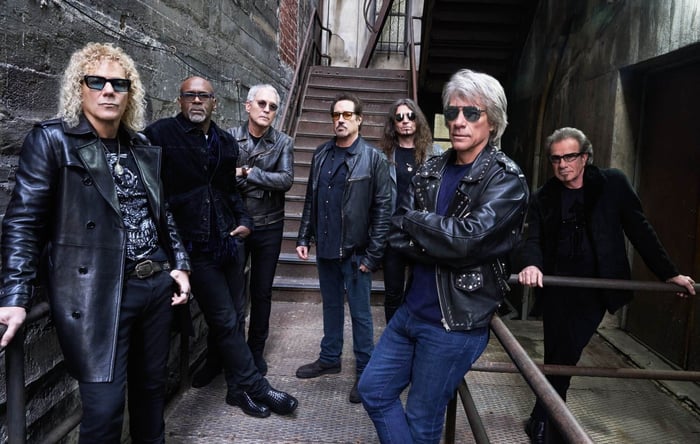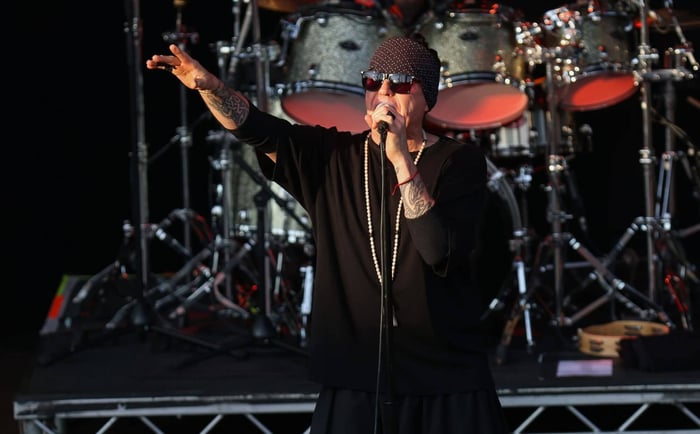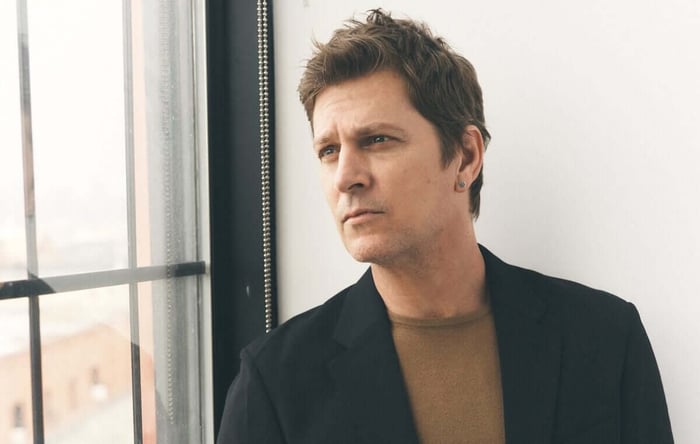
Rob Thomas: How Music Always Led the Way
Rob Thomas: How Music Always Led the Way
Explore how Rob Thomas’ journey through hardship and heartache shaped the music that’s defined generations.
A Chat That Started with the Weather
Meeting Rob Thomas over a video call, he casually asks if I’m experiencing “the weather” hitting New York. Turns out, while storms battered his area, here in southeast Tennessee, I was soaking in a perfect early fall day—crisp breeze, falling oak leaves, and 76 degrees of comfort. I joked about the contrast, and Rob smiled, admitting, “Fall’s my favorite time of year.”
But the season wouldn’t hold him long. He was gearing up for the Australian leg of his All Night Days tour, supporting his sixth solo album released on September 5th. And this time, he’d be joined by someone special: his 27-year-old son, Maison, who recently became his solo band’s guitarist.
Family, Music, and a New Chapter
Rob’s son, Maison, isn’t just a collaborator; he’s “one of my best friends in the world,” Rob confides, echoing a bond most parents dream of but few achieve. Maison’s own band, The Lucky, even opened for Rob on select U.S. tour dates—keeping the family rhythm alive on and off stage.
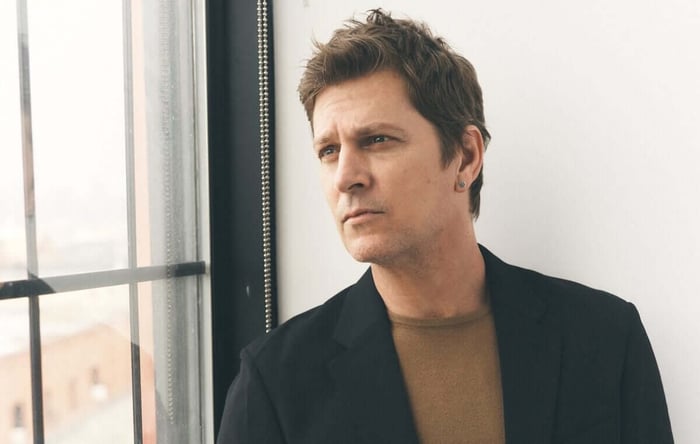
Rob Thomas retains that classic edge nearly 30 years after Matchbox Twenty’s debut.
But Rob’s path to this harmony wasn’t always smooth. His own childhood was shaped by hardship and instability—a far cry from the steady family life he now fosters.
Childhood Shadows and a Mother's Struggle
Rob’s mother, Mamie, was a young woman beset with challenges—16 when she had Rob’s older half-sister Melissa, 21 and remarried by the time Rob was born in Landstuhl, Germany. His father, an Army sergeant, left when Rob was just 2, unable to cope with Mamie’s alcoholism.
“Me and my dad weren’t very close because my dad couldn’t handle my mom... he lumped me in with her and then cut us both off as a means of his survival.” – Rob Thomas
The family moved to a trailer park in South Carolina near Rob’s grandmother, who sold moonshine and marijuana under the counter—hardly the backdrop for a future rock star. Later, they relocated to Florida.
Mamie was a complex figure. On one hand, generous and vibrant—buying gifts at Christmas, charming everyone she met. On the other, a “Jekyll and Hyde” character prone to physical, violent outbursts.
At just 12, Rob became the sole caretaker for his mother after she was diagnosed with Hodgkin lymphoma. This intense experience inspired one of Matchbox Twenty’s biggest hits, “3 AM.”
Finding Music Amid Chaos
Despite his mother’s struggles—and her discouragement—music became Rob’s lifeline. “It wasn’t something that she encouraged,” he explains. “She openly told me I was never going to be good at it... I needed to let it go.” Perhaps, Rob suspects, she was trying to protect him from chasing what seemed like an impossible dream.
Dropping out of high school at 17, Rob hitchhiked around the South, couch-surfing and searching for something steady. In Orlando, he found it in a group of musicians who became his new family.
“I’m not sure if it was that I was looking for music or if it was just something so comforting... like a fraternal group I could start to build an extended family with.” – Rob Thomas
This camaraderie led to the formation of Tabitha’s Secret in 1993, which eventually morphed into Matchbox Twenty with new members. Hits like “Push,” “Real World,” and “If You’re Gone” catapulted them to stardom, dominating the late ’90s and early 2000s.
Solo Work and New Inspirations
Rob didn’t stop at band success. His solo career spans five albums between 2005 and 2021, alongside intermittent Matchbox Twenty tours and albums like North (2012) and Where the Light Goes (2023).
His latest solo album, All Night Days, features a blend of songs written during the Where the Light Goes sessions. Notably, “Thrill Me” is a heartfelt love song dedicated to his wife, Marisol Maldonado, with whom he’s shared 27 years.
“There’s no fear of sentimentality now,” Rob admits. “It’s the kind of love song I probably couldn’t have written when I was younger.”
The album’s lead single, “Hard to Be Happy,” currently sits at No. 9 on the Billboard Adult Contemporary chart. Lyrics like, “So if you see me crying / I don’t need no consolation / I just need some time,” reveal a raw vulnerability.
When asked if he’s truly happy, Rob is honest: “No... I feel like I can find happiness pretty easily, but the end is hurtling at us every day. Anyone who says ‘I’m happy’ is probably hiding something.”
Wrestling with Demons, Finding Peace
At 53, Rob acknowledges moments of happiness outnumber the darker days, thanks in part to a tight circle of supportive male friends, including his bandmates.
Yet, the shadows linger. Before his mother’s passing in 2007, Rob avoided visiting her, overwhelmed by “the drama.” Afterward, part of his emotional growth seemingly froze, weighed down by guilt and unresolved feelings.
Rob also reveals struggles with heavy drinking and obsessive-compulsive behaviors, both coping mechanisms tied to his childhood trauma. His wife and therapist have urged him to change, but he’s not quite ready.
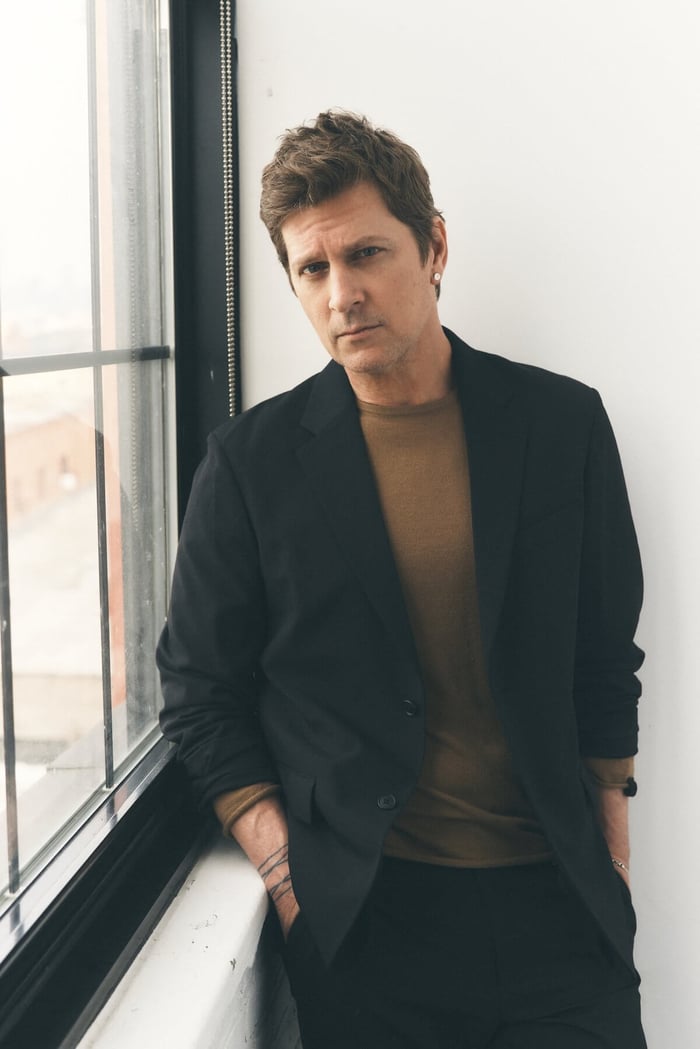
His compulsions even influence his songwriting. “I have to clear out all the melodies and ideas in my head before I can move forward,” he explains. It’s as if his music is a valve releasing the pressure built up inside.
Looking Back, Moving Forward
As the 30th anniversary of Matchbox Twenty’s debut approaches, Rob and his bandmates mull over ways to celebrate. Their definition of success has evolved—from landing a record deal, going gold, to staying relevant through decades.
Bruce Springsteen gave Rob invaluable advice during Rock in Rio 2013: music’s connection with audiences ebbs and flows, but it’s a legacy passed down to future generations. The pendulum always swings back.
Matchbox Twenty’s Slow Dream tour in 2023 was a testament to that, grossing $35 million in North America alone. Rob notes most fans come for the classics, and that’s perfectly fine.
“There’s nothing cooler than seeing an old biker singing every word to ‘3 AM’ next to an 8-year-old girl who’s crying because she’s singing ‘3 AM.’” – Rob Thomas
That moment of shared connection—across ages and experiences—is a rare kind of success, one the band never predicted but deeply cherishes.
FAQ
- What inspired Rob Thomas’ song “3 AM”?
His experience caring for his mother during her battle with Hodgkin lymphoma at age 12 deeply influenced the song. - Who joins Rob Thomas on his latest tour?
His son, Maison Thomas, recently hired as his solo band’s guitarist, accompanies him, strengthening their father-son bond. - How does Rob Thomas handle emotional struggles?
Through music, honesty about his vulnerabilities, and support from loved ones and therapy, although challenges like heavy drinking persist. - What advice did Bruce Springsteen give Rob Thomas?
That music’s impact will have ups and downs, but it’s passed down through generations, so patience and persistence are key. - What does Rob Thomas consider true success?
Seeing his music connect across generations and witnessing heartfelt moments between fans, recognizing the legacy beyond charts and sales.
If you cherish the music and moments shared by Rob Thomas, why not bring a bit of that magic home? Shop your favorite album cover posters at our store and celebrate the soundtrack of your life. Explore the collection here.
 | DISCOUNTGET 30% OFF*Use code on your next order:
|
* This post may contain affiliate links, meaning we earn a commission if you make a purchase through these links, at no additional cost to you.






